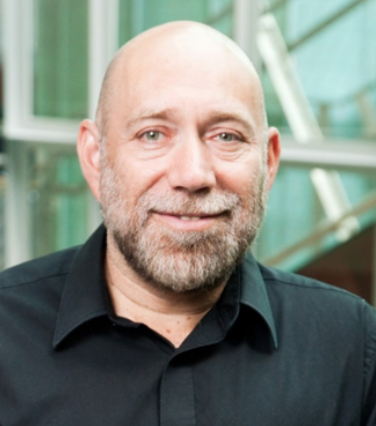Artificial Intelligence Research (AIR) Spring Seminars 2020
We’re proud to announce our speakers for our Spring 2020 AIR Seminars. These experts in the rapidly evolving landscape of artificial intelligence will share their research on such topics as, intelligent behavior, visual recognition, and computational vision. Please join us as we learn more from these noted researchers from across the country.

Charless Fowlkes – CANCELED
March 16, 2020
Time: 12:30pm-1:30pm talk
Location: Metcalf Trustee Center, Ballroom
Professor Fowlkes’ research is in computational vision and integrating mechanisms for visual recognition and perceptual organization with 3D scene understanding. He applies these models to a variety of problems including the development of tools for biological image and shape analysis in neuroscience, animal development, palynology and applications to forensic science.

Kristen Grauman – CANCELED
March 30, 2020
Time: 10:30am-11:00am networking and reception, 11:00am-12:00pm talk
Location: Kilachand Center, 610 Commonwealth Ave, Colloquium Room 101
Professor Grauman’s primary research interests are in visual recognition and visual search. Recent projects in her group consider large-scale image/video retrieval, unsupervised visual discovery, active learning, active recognition, first-person “egocentric” computer vision, interactive machine learning, image and video segmentation, activity recognition, vision and language, and video summarization.

Dan Roth
April 27, 2020
Time: 10:30am-11:00am networking and reception, 11:00am-12:00pm talk
Location: Kilachand Center, 610 Commonwealth Ave, Colloquium Room 101
Professor Roth’s research focuses on the computational foundations of intelligent behavior. He develops theories and systems pertaining to intelligent behavior. His work centers around the study of machine learning and inference methods to facilitate natural language understanding.
